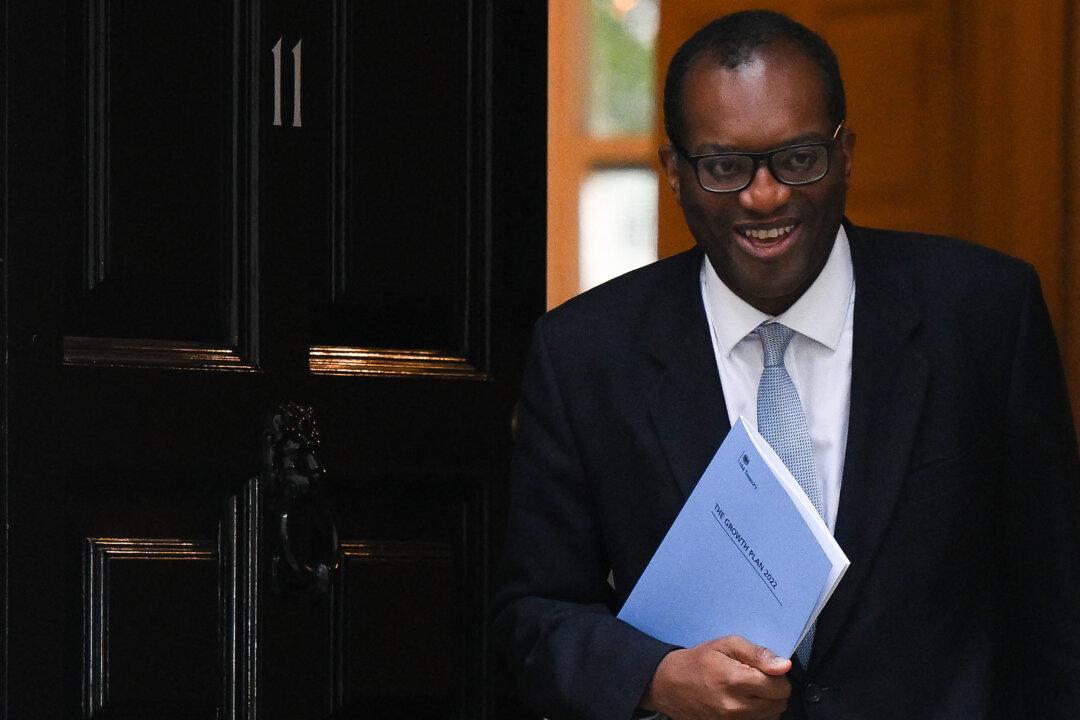UK Prime Minister Liz Truss’s new government has unveiled the biggest package of tax cuts in half a century aimed at spurring growth in the UK economy, which could already be in recession.
Announcing his mini-budget in the House of Commons on Sept. 23, Chancellor Kwasi Kwarteng confirmed that the rise in corporation tax and national insurance contributions, planned under former Prime Minister Boris Johnson’s administration, have been cancelled.





